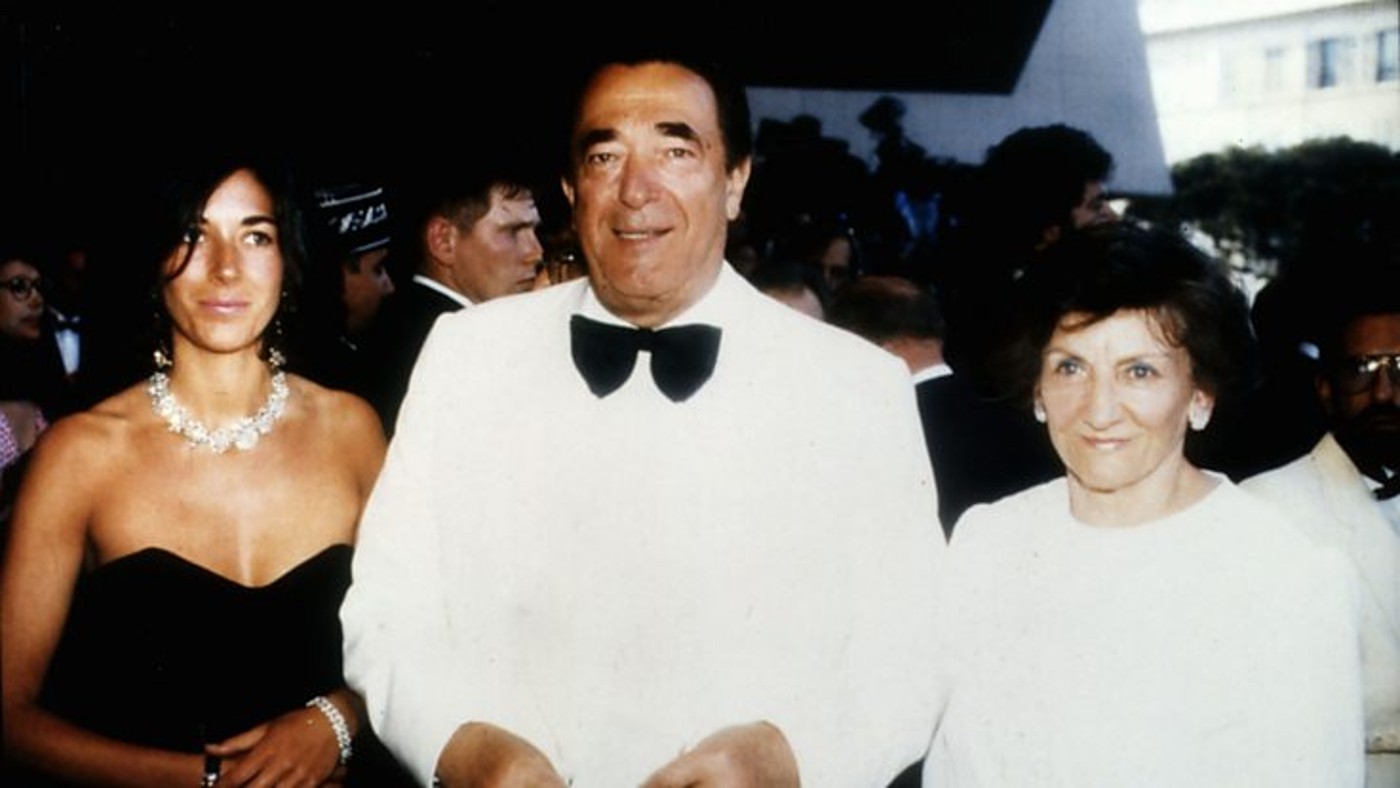House of Maxwell: a shallow and ‘hopelessly muddled’ show
The ‘big takeaway’ from this BBC documentary is that the Maxwells were ‘bonkers’

A free daily email with the biggest news stories of the day – and the best features from TheWeek.com
You are now subscribed
Your newsletter sign-up was successful
If your “appetite for dysfunctional media dynasties” has not been sated by Succession, the BBC’s three-part documentary House of Maxwell should hit the spot, said Ed Power in The Irish Times. It follows the rise and fall of Robert Maxwell, who was born in poverty in what is now Ukraine, became Britain’s “most notorious press baron”, and fell to his death off his yacht in mysterious circumstances in 1991.
The film tries to “join the dots” between his life and that of his favourite daughter, Ghislaine, who was last year found guilty on sex-trafficking charges. The “big takeaway” here is that the Maxwells were “bonkers”. Robert’s former secretary recalls a phone call between him and Ghislaine. “Miaow,” he said. “Miaow, miaow, miaow,” she responded.
The show goes over some familiar ground, said Hannah Jane Parkinson in The Observer – Maxwell’s “competitive obsession with Rupert Murdoch” is well-documented, for instance – but there are plenty of interesting moments. It helps that Maxwell had “such ego that he employed a camera crew to accompany him everywhere”, and also that he bugged his employees: the production team gained access to “panicked executive phone calls” in the hours after Maxwell’s disappearance.
The Week
Escape your echo chamber. Get the facts behind the news, plus analysis from multiple perspectives.

Sign up for The Week's Free Newsletters
From our morning news briefing to a weekly Good News Newsletter, get the best of The Week delivered directly to your inbox.
From our morning news briefing to a weekly Good News Newsletter, get the best of The Week delivered directly to your inbox.
I wasn’t impressed, said Christopher Stevens in the Daily Mail. This documentary can’t decide whether to focus on Maxwell’s rise, his apparent suicide, or his daughter’s later career as a child abuser. The result is shallow and “hopelessly muddled”.
A free daily email with the biggest news stories of the day – and the best features from TheWeek.com